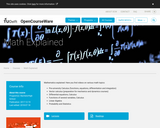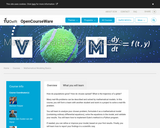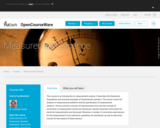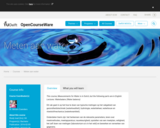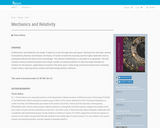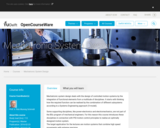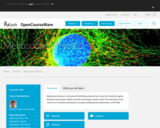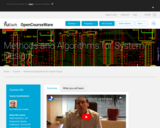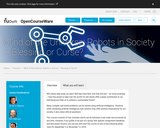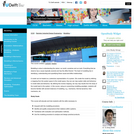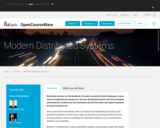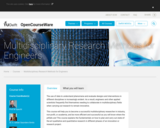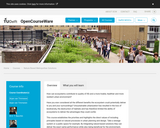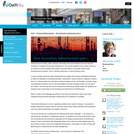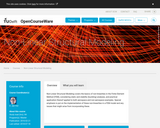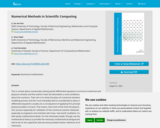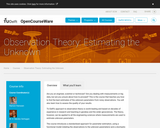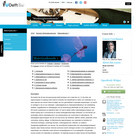
De student die dit vak met goed gevolg heeft doorlopen zal in staat zijn om: (1) Op basis van eigenschappen en gedrag onder externe invloeden een klassificatie te maken van materialen en op basis daarvan een eerste indruk te krijgen van hun geschiktheid in bepaalde toepassingen. (2) Inzicht te verkrijgen in de rol van materialen, materiaalgebruik en materiaalontwikkeling in de ontwikkeling, kwaliteit, mogelijkheden en bedreigingen van de samenleving afhankelijk van tijd, plaats en cultuur. Dit inzicht is gebaseerd op objectieve data. (3) Vast te stellen welke materiaaleigenschappen van kritisch belang zijn in mechanische en andere werktuigbouwkundige ontwerpen, en met behulp van eenduidige criteria materiaalkeuzes in de ontwerpcriteria van constructies te optimaliseren. De belangrijkste eigenschappen die aan de orde komen zijn dichtheid, stijfheid, sterkte, plasticiteit, breuk, vermoeiing, wrijving, slijtage. (4) Mechanische eigenschappen van materialen te herleiden tot chemische bindingen, onderlinge krachten, ordeningspatronen, defecten, en relatieve bewegingsmogelijkheden van atomen. De verschillende lengteschalen die materiaaleigenschappen bepalen staan hierbij centraal. Hiermee zal tevens inzicht verkregen worden in de mogelijkheden en beperkingen van materialen onder extreme omstandigheden en in de strategieën die gevolgd kunnen worden om materialen te verbeteren. (5) Optimale keuzes te maken binnen het beschikbare spectrum van procestechnieken (productie, bewerking, vorming, verbinding, afwerking) om componenten en eindproducten te vervaardigen. (6) Software te gebruiken waarmee, gegeven een aantal vereisten van materiaaleigenschappen, het beste materiaal voor een ontwerp kan worden geselecteerd. Deze materiaaleigenschappen gaan verder dan mechanische eigenschappen alleen. Thermische, elektrische, ecologische, economische en recycling-eigenschappen zullen in voorkomende gevallen ook meegewogen worden.
- Subject:
- Applied Science
- Engineering
- Material Type:
- Assessment
- Lecture
- Lecture Notes
- Provider:
- Delft University of Technology
- Provider Set:
- TU Delft OpenCourseWare
- Author:
- Prof. dr. B.J. (Barend) Thijsse
- Date Added:
- 10/21/2014
